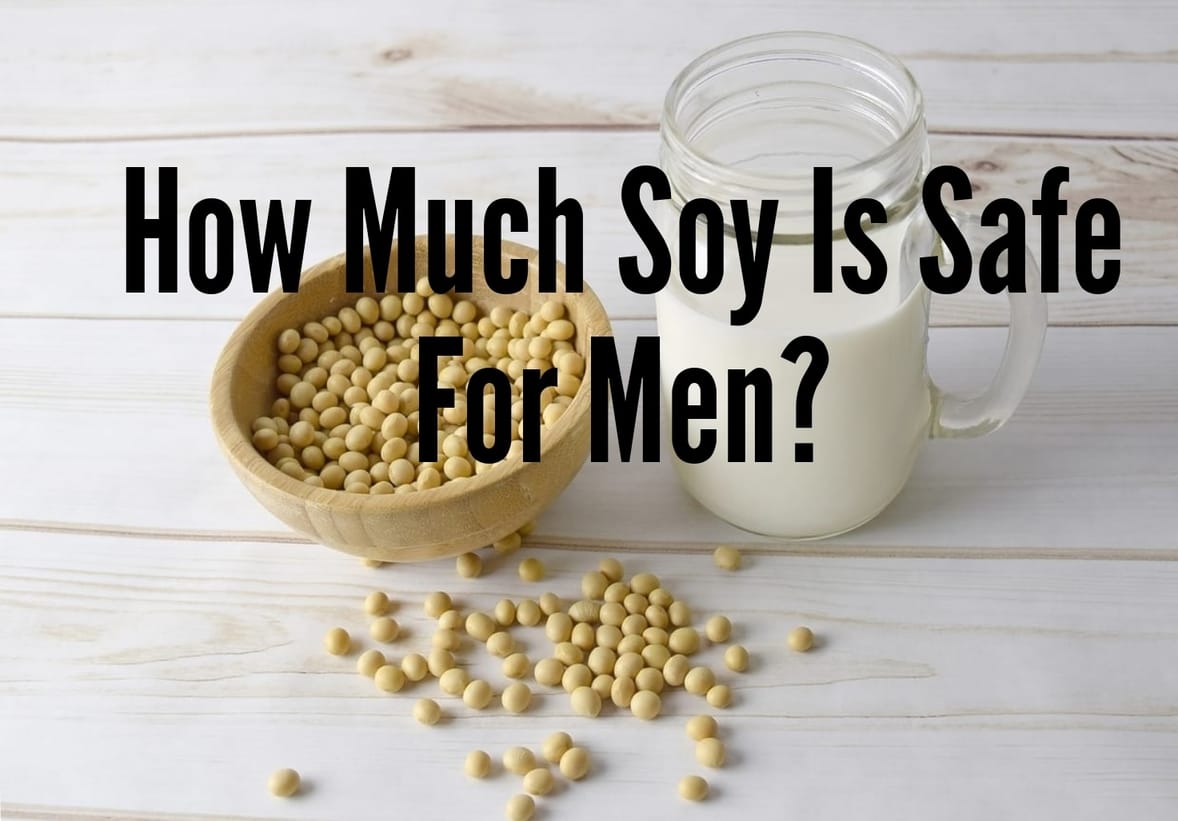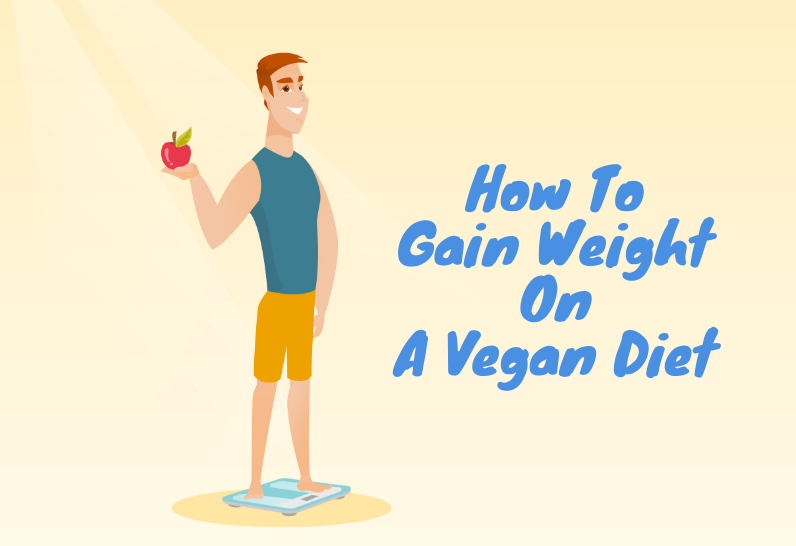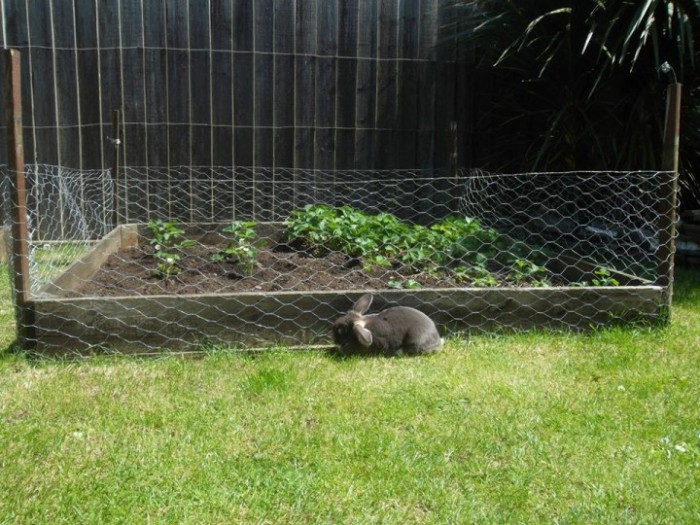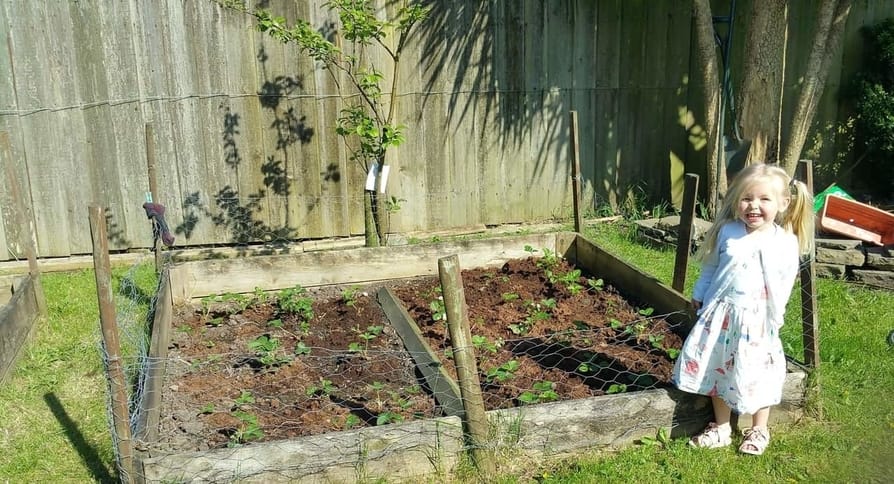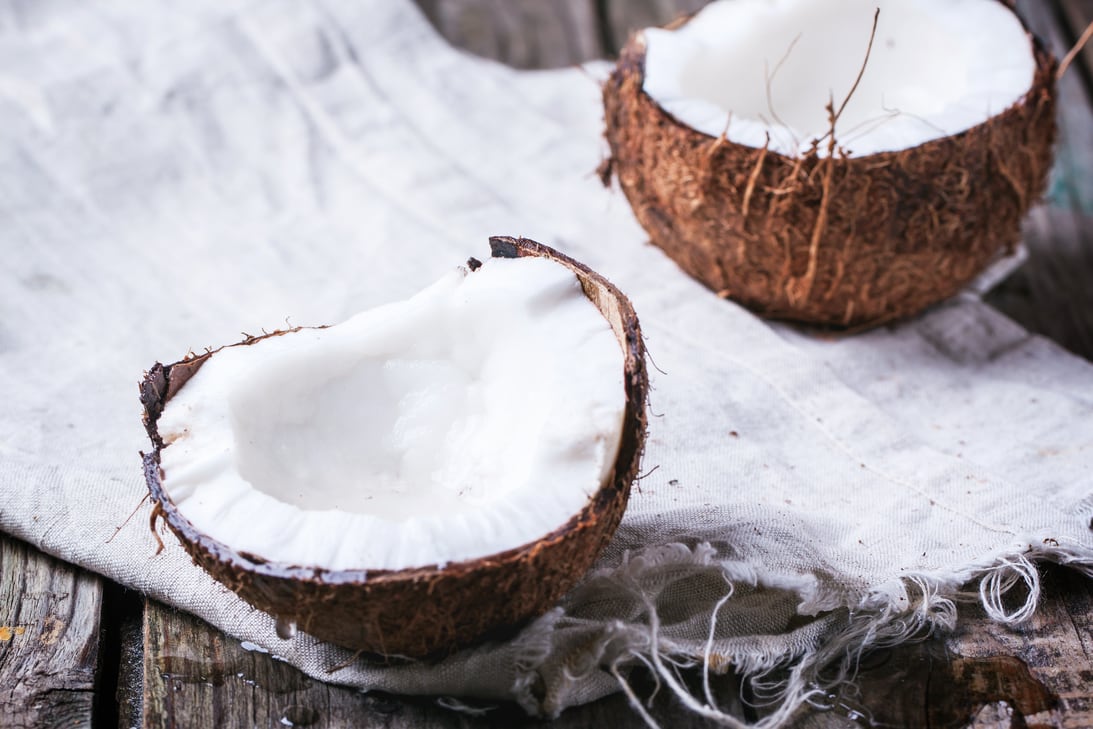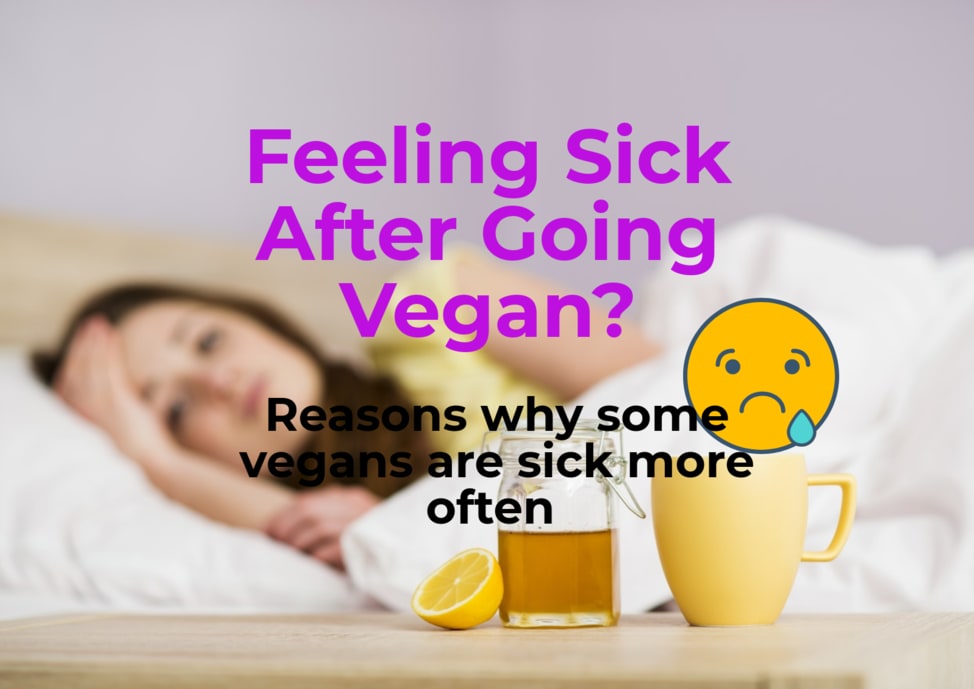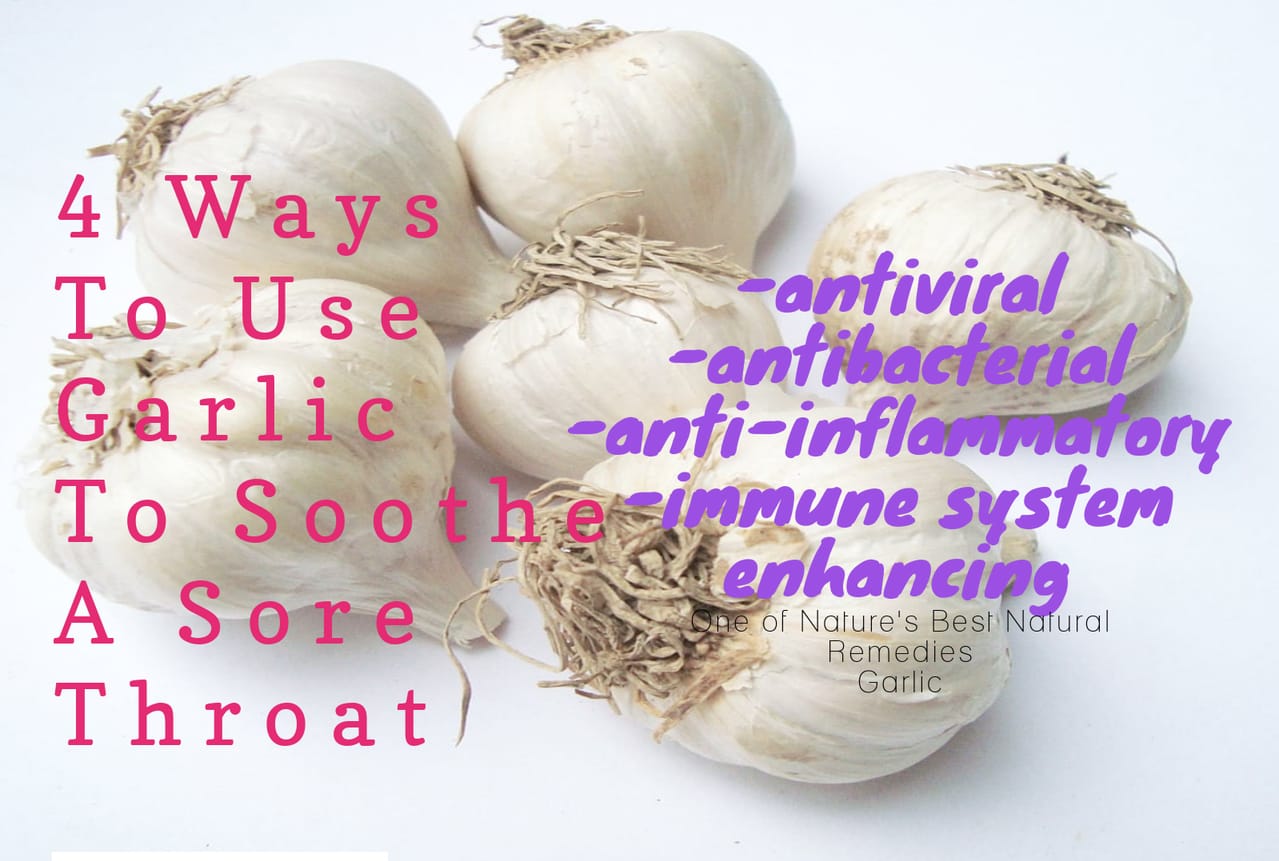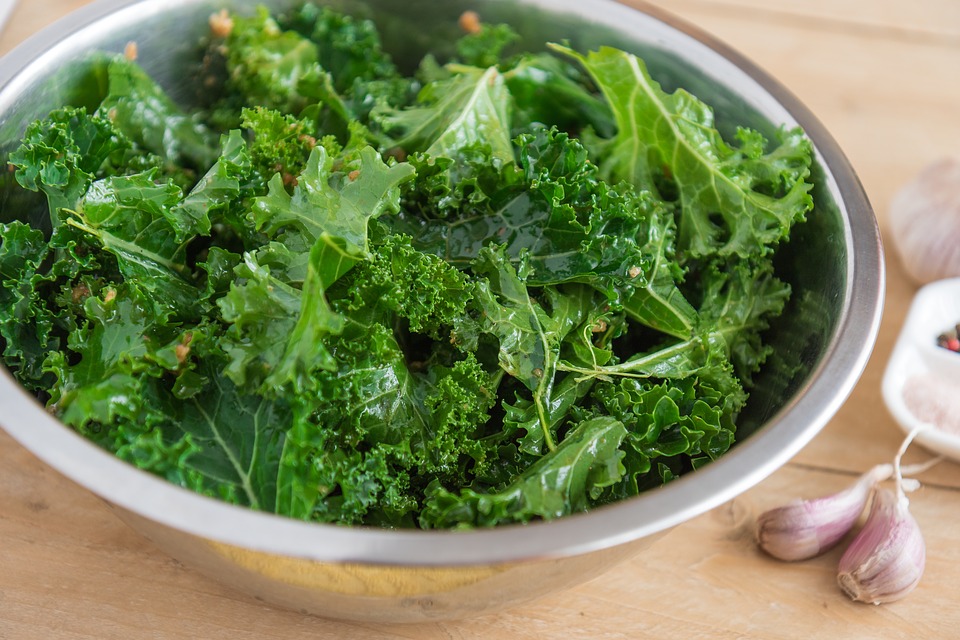Disclosure: This article may contain affiliate links. If you decide to make a purchase, I may make a small commission at no extra cost to you.
A vegan diet is one of the best ways to keep yourself trim without having to count calories and watch everything you put into your mouth. This is great for people who have a few pounds to lose, but for someone who is already lean, it can make them very skinny.

One of the stereotypes for vegans is that we are all skinny and you can’t build muscle on the diet. This has been proven to be untrue, and there are many competitive bodybuilders or professional athletes who have adopted the diet and are able to maintain body mass and do extremely well competitively.
It’s also worth noting that due to the rise in obesity, people who adopt a vegetarian or vegan diet may appear too skinny in today’s world because so many people are overweight that it has distorted what is actually normal. Many vegans are actually well within the normal BMI range.
That being said, people who are trying a vegan diet for the first time can easily under-eat because they are so used to eating a typical western diet. This is one of the reasons why so many people quit early on.
Foods on a vegan diet (especially if it’s mainly raw food) are low in calories and high in nutrition, whereas foods on a standard American diet are low in nutrients and high in calories. There are many considerations to think about when planning your diet, which I’ll go into in just a bit.
Main reasons why some vegans are skinny
There are several reasons why vegans can end up being too skinny on the diet. Thankfully, the diet can be easily modified to make it more sustainable long-term, and for you to avoid any of the potential health risks of being too underweight.
1. Eating fewer calories
Vegans tend to eat fewer calories than people who are on other types of diets. After working with many people in planning their diet, two issues will often come up.
- Not adjusting portion sizes – People will significantly under-eat because they haven’t properly adjusted their portion sizes. On a vegan diet, you are able to eat much larger volumes of food than on a standard diet. This doesn’t seem to be as intuitive to a lot of people as you might think.
- Choosing the wrong foods – If you’re only choosing foods that are low in calories and high in fiber, they’re not going to provide the energy needs to maintain your body weight. Read my guide on how to go vegan without losing weight. In the article, I share with you many tips for those who are starting the diet and are already lean.
Aside from my own anecdotal evidence in working with people and their diets, there has been a lot of research done into comparing the energy and nutrient intake of people on different diets.
In a study published in 2014, researchers compared the nutritional quality of a vegan, vegetarian, semi-vegetarian, pesco-vegetarian, and omnivorous diet.
They found that out of all groups, vegans had the lowest energy intake (2383 calories). Vegetarians ate significantly more calories (2722 calories) than vegans, but people on an omnivore’s diet ate the most (2985 calories).
It was reported that 8.7% of vegans were classified as underweight (BMI <18.5) compared to 3.2% of omnivores.
The study also revealed that most vegans (78.8%) fell within the normal BMI range (18.5 – 25). Vegans also had the lowest number of overweight (10.6%) and obese people (1.9%) compared to omnivores with 20.6% and 8.4% falling into the overweight or obese category. [1]
In another study looking at the health effects of raw food vegan diets, vegans tended to eat much fewer calories on average (1989 calories) compared with people on a western diet (2346 calories). This also reflected in the group’s BMI which was measured at 21.3 for vegans and 26.5 for the western diet group [2].
2. Some people exercise too much without increasing calorie intake
It’s clear that vegans on average are eating fewer calories, so it goes without saying that if you’re jumping on the health bandwagon and you want to go to the gym often to lift some weights or go jogging every day, you’re going to have to make a conscious effort to replace those calories you’re burning off (unless you have a lot of weight to lose).
If you have some fat to spare, your body will start breaking that down for energy, but once it’s done with that, it can start breaking down muscle (something you don’t want to happen).
It’s important that you calculate the number of calories you’re eating by using tools such as CRON-O-METER, then adjust your activity level to calculate how many calories you’ll need to maintain any given weight.
Eventually, you’ll get a good feel for how much food you should be eating every day. But if you’re always changing your diet and it’s never consistent, this can be a bit more challenging. Counting calories initially is a good way to understand how much you’re eating and you can adjust.
Exercise is good, but just be aware that some activities can burn a lot of calories, and when you combine that with a diet that is generally low in calories, it can be an issue for some people where they lose too much weight and look gaunt and unhealthy.
Getting enough protein
If you’re exercising often, increasing protein intake will provide all of the amino acids you need to boost muscle growth. It might be worth trying some vegan protein powders which are perfect to add to smoothies and other drinks. They don’t just provide protein either, they also help increase your micronutrient and calorie intake.
Cardiovascular vs Resistance training
Maintain a good balance between cardiovascular exercise and resistance training is important. While cardiovascular training is important and can contribute to overall health, especially mental well-being, there is diminishing returns on its ability to reduce cardiovascular disease, diabetes, and other health conditions.
For longevity benefits, the best survival among runners is those who run at a slow to average pace, run 1 to 2.5 hours/week, and only run 2 to 3 times per week. See the TED talk below for more!
Resistance training is fantastic for maintaining good body composition, strength, and strong bone health. I believe one should focus more on this than trying to run marathons if you’re looking to optimize your health.
3. Eating a lot of fiber
A lot of people are not eating anywhere near enough fiber in their diet but that can’t be said for people who are eating a plant-based vegan diet.
Fiber is great for your health and you should aim to get plenty of it in your diet, but one of the problems with eating a lot of fiber can be its satiating effect.
If you’re eating a calorically-dense diet, adding fiber can help fill you up and stop you from eating too much. But if your diet mainly consists of plant foods, this can cause you to undereat and make you lose weight.
Vegans should add more calorically-dense foods in their diet. Check out my article on how to gain weight on a vegan diet for a list of foods to add to your shopping list.
4. Being very strict and eliminating too many foods
When starting a new diet it can be really exciting at first, but one of the traps some people fall into in trying to get healthy is eliminating foods from their diet that they shouldn’t. Whereas others will try to stick with a small number of foods and not explore other options.
There is a lot of misinformation around on the internet, as well as people encouraging others to severely limit their diet (I see this often in fruitarian groups).
In the quest for optimal health, it’s important to stay not get too food-obsessed and worry about everything you eat.
Eating a wide variety of foods will provide a large number of important nutrients and compounds that are beneficial to health.
Certain foods like olive oil, avocados, whole grains, and beans, can provide a significant boost in calories and are quite healthy in moderation.
Eat a variety of foods to achieve the best health.
5. Some vegans choose to be skinny
First and foremost, I focus on my health and well-being. Being as lean as I am is a side effect of my diet and not the goal (although I’d rather be on the lean side than heavy).
But for some people, they like being skinny. They believe it makes them look good, feel good, feel lighter on their feet and they are more flexible.
There are many reasons why some vegans choose to stay really lean, but most still fall within the normal healthy BMI range. As I mentioned earlier, it just appears that some people are underweight because society has now become so used to seeing overweight and obese people, being skinny looks abnormal, when decades ago it was the norm.
I would encourage everyone to focus on their health and enjoy the benefits of being lean that often comes with being on a vegan diet.
If you focus on your health and not too much on body weight, you will be happier. The weight will just come off naturally as you choose to eat the right foods and do healthy activities.
